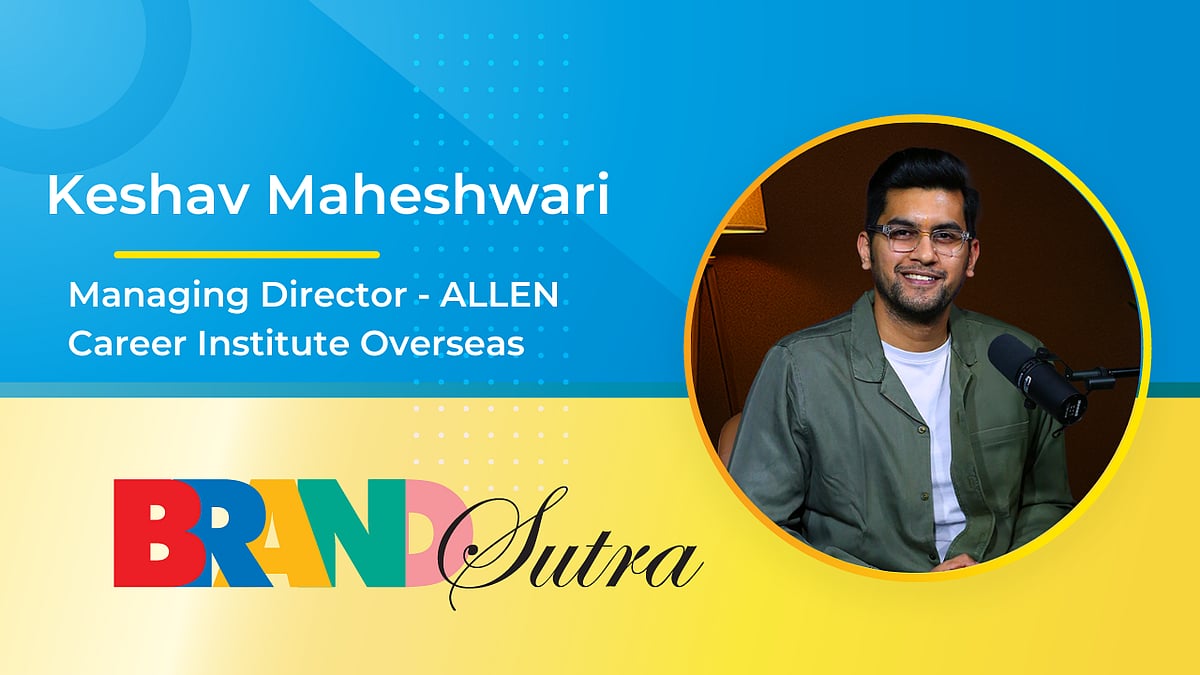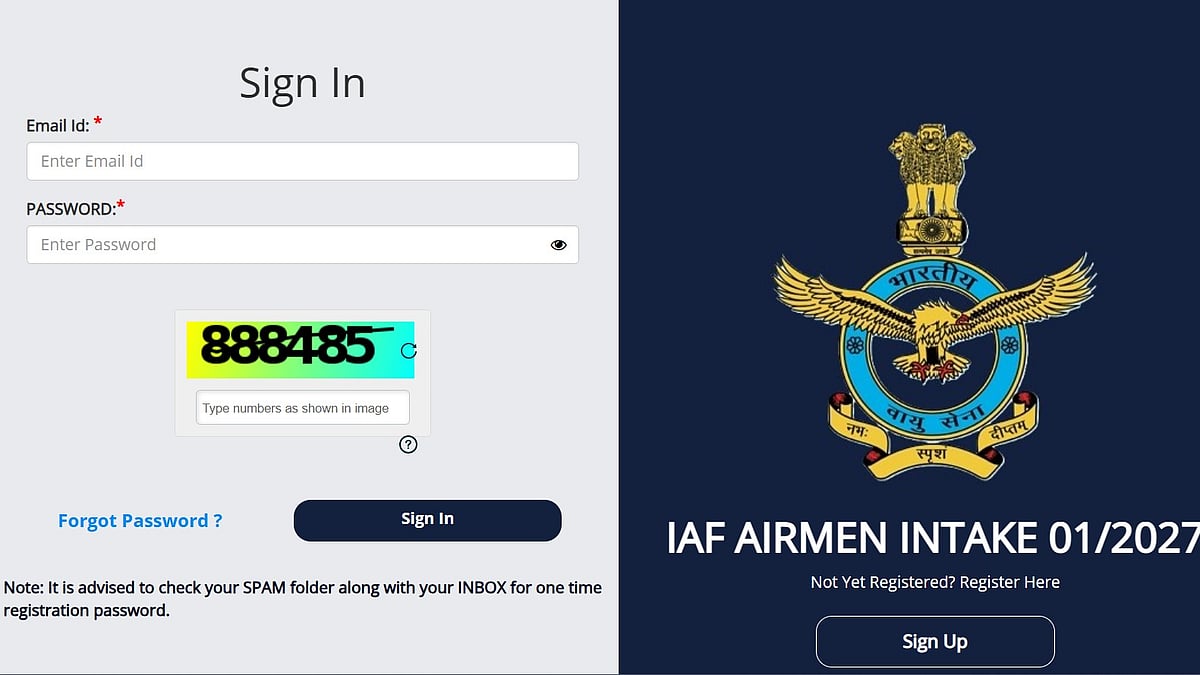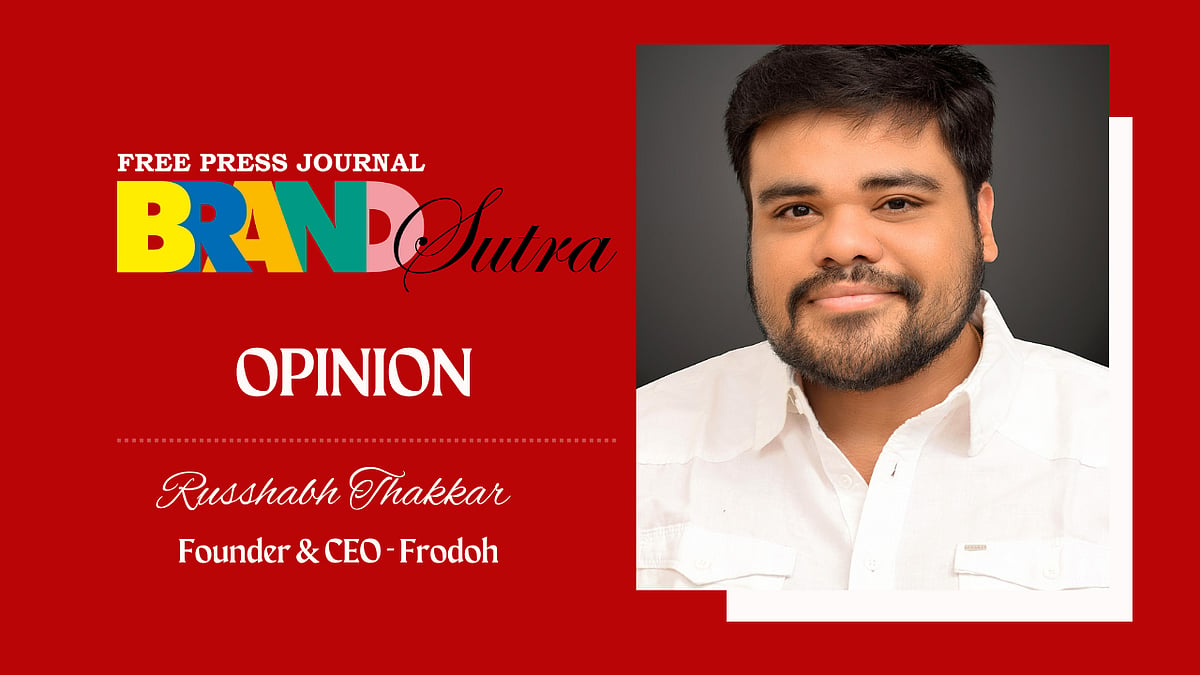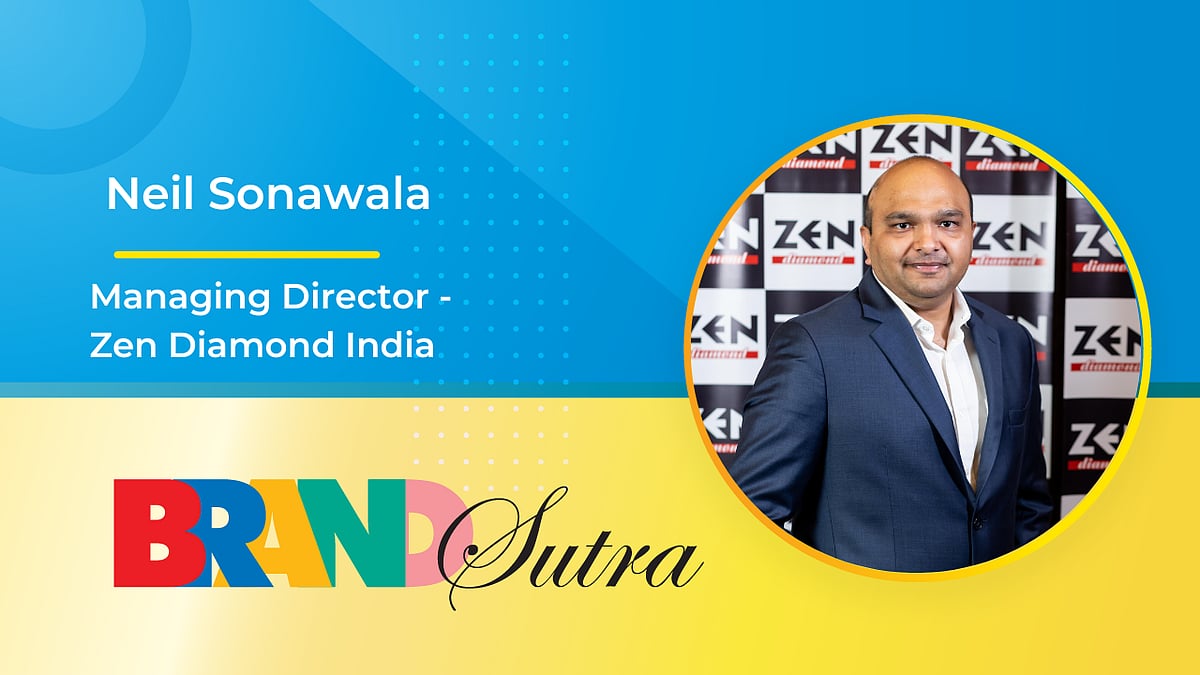As Managing Director of ALLEN Career Institute Overseas, Keshav Maheshwari’s journey has been one of navigating the complexities of a family-run business where, all too often, people are valued over processes. When steering the company from a traditionally managed setup to a professionally run, venture capital-backed company, he focused on building resilience to change and embedding a culture where systems outweigh egos.
“Generally, when you’re a traditionally managed company, you tend to start believing ‘without us this company is nothing’ or ‘without us no one will be there to manage this’.”
When COVID hit, ALLEN — a brick-and-mortar institution built on classroom learning — faced an existential challenge. The solution wasn’t just to go online, but to rethink how the brand delivered value. Keshav led the institute’s transition to a digital-led, technology-first business without compromising its academic DNA.
Now, his mission is to help the next generation remove personal egos from business decisions and overcome family politics to build truly future-proof enterprises through his podcast ‘The Keshav Konnect’ — because, as he puts it, “process over people is the future for any business to survive.”
The Evolution Of The Education Business
Over the last seven years, Keshav has watched the education industry complete a full cycle. “Digital initially took precedence over offline and then offline took precedence over digital,” he explains. Today, he sees them not as competitors but as essential partners where both online and offline distribution modes exist in tandem with each other.
“I think by far the largest experience from a learning perspective which I can share is when we have successfully, you know, transformed this company into a private equity institutionalised business,” he says. This wasn’t just about tech upgrades — it was about changing mindsets, starting with his own family.
“Regardless of distribution channels, the learning value for a student must remain static,” Keshav says. That single belief has anchored ALLEN through one of the most turbulent decades in education.
For The Keshav Konnect, a podcast designed for second-generation owners of MSMEs, he believes the audience is huge. “If you look at India, almost 50 percent of businesses in India are MSMEs right now and all of these MSMEs are families that have a second-generation,” Keshav notes.
The goal is to help second-generation entrepreneurs navigate family politics, ego clashes, and strategic decision-making with a long-term perspective. One of the most common issues in family-run companies is that owners often view the business as an extension of their personal ego rather than as an independent entity. “I believe that 70 to 80 percent of family businesses, in some form or another, are struggling with this very problem. Through the podcast, I aim to equip them with tools to handle these challenges effectively.”
For Keshav, running a family business in turbulent times isn’t just about survival — it’s about strategic reinvention. During COVID, he found wisdom in Peter Drucker’s ‘Managing During Turbulent Times’. “It’s a fantastic book for any second-generation because… we get into challenges on a daily basis… we tend to micromanage… we feel that no other person can do it better than us.”
His philosophy is clear: focus on growth over continuity. “For continuity, build processes and then move on. But as a manager, as a family business owner, keep working on the growth of the business irrespective of the challenge.”
Balancing tradition with courage to evolve is, in his view, the number one skill for a next-gen leader. His second? Standing out among veterans. “It’s very important that you do something different so that you get into the sight of the veterans.”
And third: think in decades, not months. “Any step you are taking in your business should define the next 5, 10, 15 years of the journey. If it’s just limited to a one-month or two-month outcome, that’s something your employees are already doing. If you are just doing that, then you are not technically needed in the business.”
For Keshav, these principles aren’t just personal — they’re part of ALLEN’s brand positioning. The transformation to a corporate-backed, tech-integrated institution wasn’t only a business decision — it was a branding decision, signalling to parents and students that the academy could deliver consistency in any environment.









